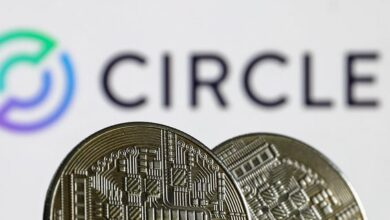
Yahyn, an e-commerce wine startup dedicated to disrupting the 3-tier system by helping vineyards sell their wines DTC “direct to consumer” whilst helping wine lovers find their perfect bottle of wine, has taken a step forward in the digital space by launching the world’s first NFT wine allocation. NFTs, also known as non-fungible tokens, are entries on a blockchain, a type of digital ledger. These tokens represent one-of-a-kind items and are guaranteed to be authentic.
An NFT is proof of ownership that can be transferred to new owners and proves you own the original, no matter how many digital copies there are out there. The art world was one of the first to embrace NFTs and has taken it to staggering new heights: a digital artwork by Beeple was sold for $69.3 million at Christie’s earlier this year and many artists continue to break records in this space.
Yahyn has seen this as a potential opportunity to be the leader in future NFT wine allocations. Wine lovers all around the globe know that wine is more than just drinking the juice produced by many talented winemakers and other hard-working individuals. There is a collectors’ market that has seen wine bottles sell for over $500,000 USD. What makes that bottle worth so much?
It all comes down to supply and demand; many people want it but not many can have it. Founder and CEO Pierre Rogers said, “Yahyn is a tech first wine platform and NFTs represent a fundamental shift with how we as wine lovers interact with wine in the future. This emerging technology has the power to transform the commerce that artists and wine makers earn.”
Could it be assumed that NFT’s are the future of wine collecting? Marketing Director Jack Ambriz stated, “I along with my team believe that this is a great opportunity for the wine industry to embrace change and adapt to the future, especially for luxury wine brands. Imagine buying your allocation through an NFT, and if you decide to crack your bottles open, you still have the digital asset to hold to your collection. That would be awesome, not to mention being able to own part of the vineyard’s story through art, or giving wine auctions a new way to raise money to charities.”
Rogers strongly believes that this puts the power back into the hands of the vintners and consumers where it belongs to begin with. He believes that Yahyn can leverage this change to the benefit of all.





